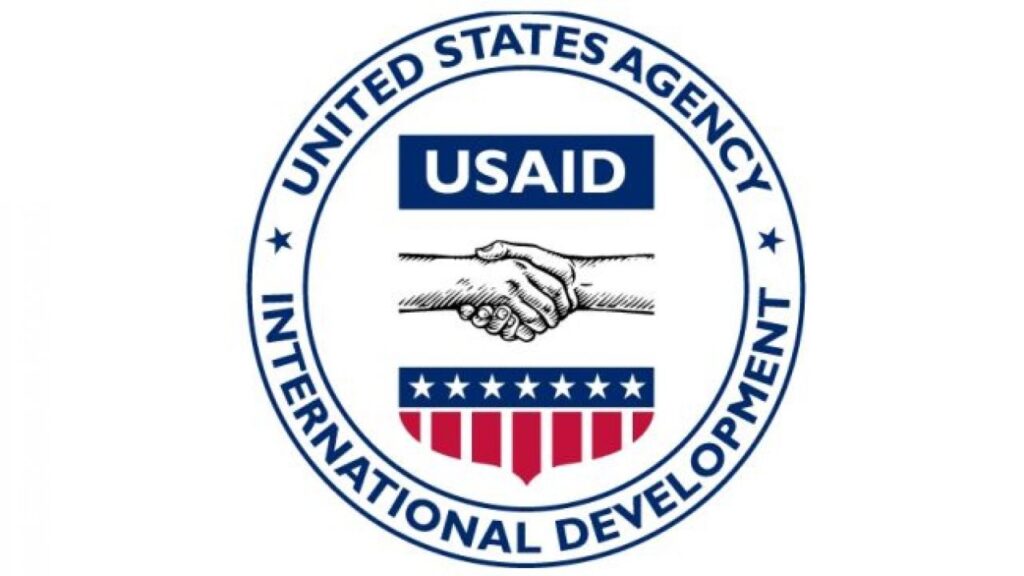Worried by arms build-up with the proliferation of small, light and heavy duty weapons in Akwa Ibom state, the United States Agency for International Development (USAID) has identified youths’ unemployment, poverty and other economic factors as some of the factors fueling kidnappings, armed robbery and other violent crimes in the state, warning of potential conflicts situations.
Speaking in an interview in Uyo, the state capital, the USAID Team Lead in the state, Mr. Borve Paago-Imabel on Accountability, Transparency and Effectiveness in state, expressed worry that such problem, if allowed to fester, has the potential of threatening the prevailing peace ahead of the 2023 elections.
He, therefore, advocated for a holistic action plan by government and non-state actors including the traditional and religious institutions to nib the problem in the bud.
He said: “Conflict assessment reveals a lot of issues in the state. One major issue that was found is the role of unemployment and that may directly lead to poverty, so people are agitating. Another one is land dispute, and there seem to be a lot of communal land disputes in the state which lead to a lot of issues, which are noticed across the various regions of the state.
“Another issue agitating is siting of Ibom Deep Seaport and what all these points are that it is only pertinent for government to sit down and re-plan its security and peace building architecture to be able to address these types and levels of complaints. If you travel beyond the state, Akwa Ibom is adjudged as one of the most peaceful in Nigeria, but that doesn’t remove Akwa Ibom state from experiencing its measures of conflicts.
“The government has to be more deliberate in actualizing the industrialization policy which this present administration has designed for itself as an umbrella to cushioning the issues in the society.
The actualization of that policy will help to remove most of the vulnerable from the stage of idleness into a more meaningful state and they will no more be element of destabilization, one of the issues in report is that people value and respect traditional institutions as arbitrators in office, so the question is are we also giving the prominence to these institutions function that would mitigate conflicts in the state? It a broad conflicts but government can handle it with the determination of the government at any point in time.
He explained that USAID has been working in collaboration with the state government to develop key strategies to provide seamless implementation of key policies and programmes of government, especially in the area of budget.
“In terms of flash points there are more which you can’t say this is the worst conflict, except where there have been an exacerbation, so it only point to a worst situation of violence like when communities in Rivers and Akwa Ibom were affected and the roads were blocked for weeks, so those were the major flash points.”
What we are set up to do is to look at conflicts arising from failures in implementation of budget that should address citizens needs, so we are pointing on these Ministries, Department and Agencies (MDAs) to make their programmes to be more meaningful to relevant people.
“And, additionally, we are building capacities of other stakeholders to serve as conflicts mitigation platforms in the state and the next phase of which will be held in a week time is also bringing in person drawn from the state councils of traditional rulers and other community persons including the state’s political parties, because you cannot talk about political conflicts without involving those parties, it will address the conflicts that arise from politics. Politics are supposed to define the means for development and where there’s a derailment, it means they have failed to align,” the USAID chief stressed.

